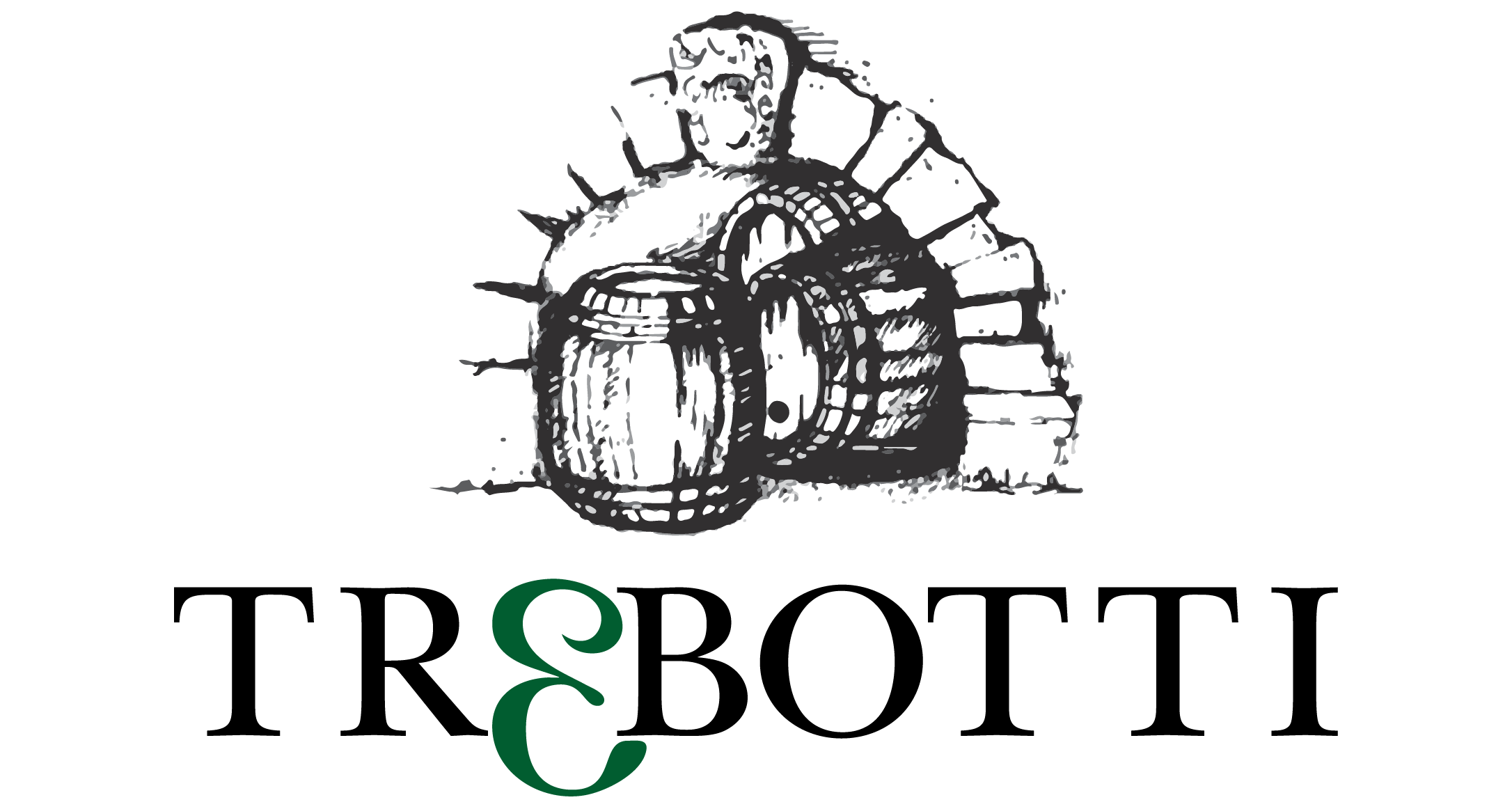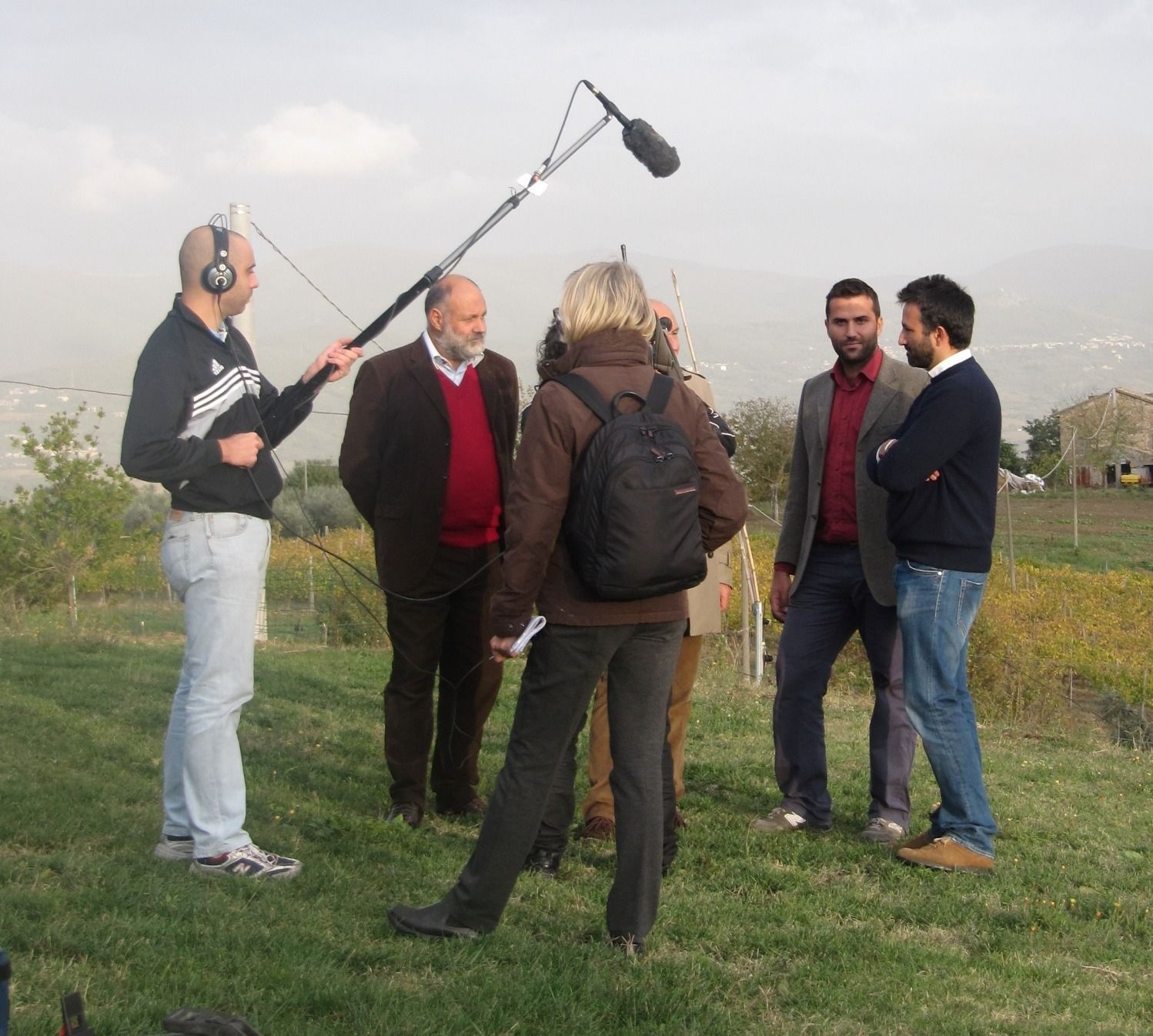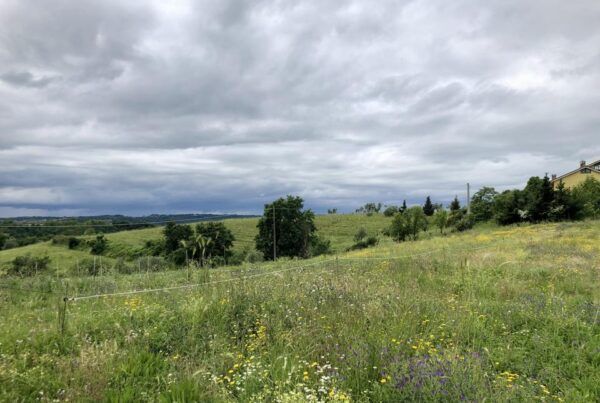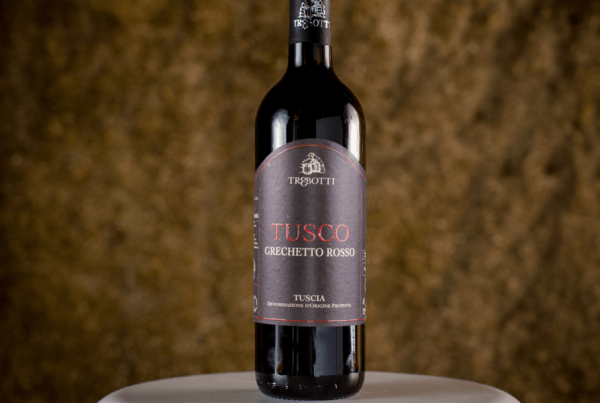La Trebotti, since its inception, has boasted collaborations with prestigious universities and research institutions both in Italy and abroad, focusing on environmental sustainability and innovation. A notable and steady partner has been the Faculty of Agriculture at the University of Tuscia in Viterbo, where Ludovico, the agronomist among the three brothers, studied. This connection was a key reason why the Botti family decided to invest in Tuscia. During his university years, Ludovico had the opportunity to meet and collaborate with Professor Riccardo Valentini, with whom he launched several projects that led the company to become Carbon Neutral certified in 2019, among the first in the world. Professor Valentini, a Nobel Peace Prize winner in 2007 with the IPCC researchers for their studies on Climate Change, has always been a stimulus and a point of reference for Trebotti in the development of innovative projects aimed at achieving high standards of environmental sustainability. Over the years, this scientific collaboration has evolved into mutual respect and friendship.
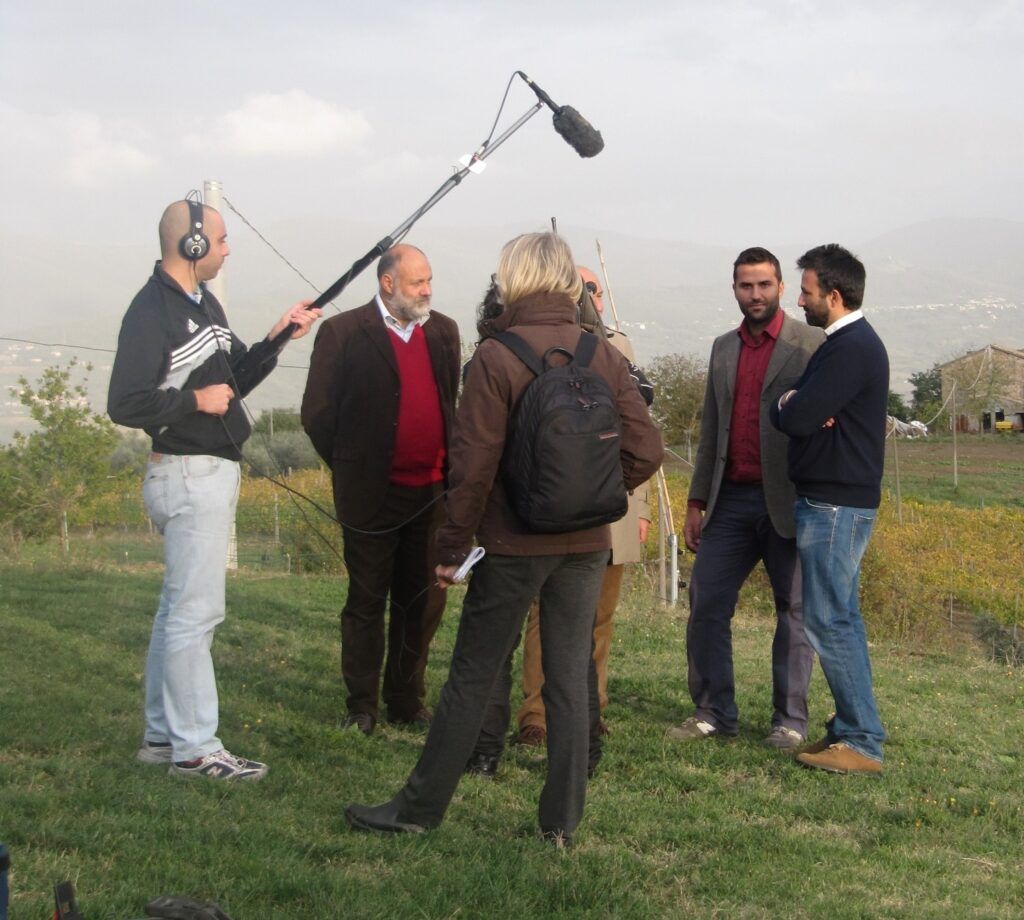
The passion for nature and wine led Riccardo Valentini to discover the island of Pantelleria, more than 15 years ago.
Pantelleria is a volcanic island in the center of the Mediterranean with ancient millennial traditions and a deep farming culture, whose main symbols are the bush-trained vines, capers, Pantelleria gardens, and dammusi (typical rural structures of Pantelleria). It features a unique and pristine volcanic terroir, kissed by the sun, whipped by the wind, and surrounded by the Mediterranean Sea. The island boasts a jagged rocky coast with coves, caves, and crystal-clear water teeming with life.
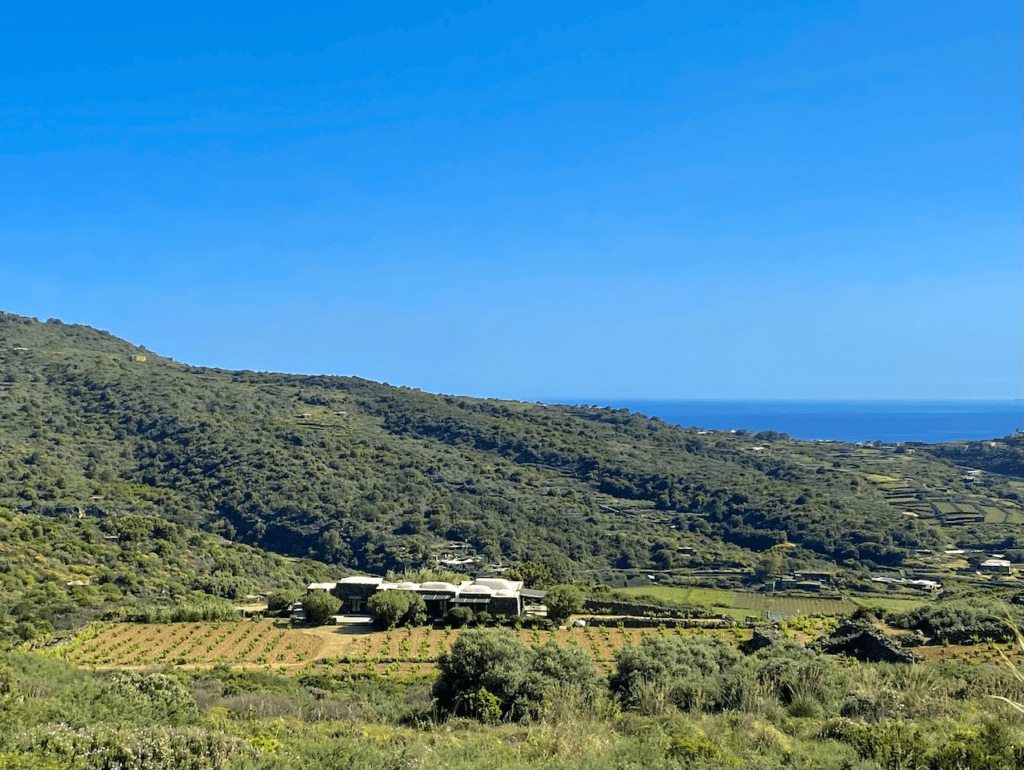
The Pantelleria life and research project began with the purchase and meticulous restoration of a wonderful millennial dammuso, surrounded by just over one hectare of nearly century-old bush-trained vines, and interspersed with plants of the famous island capers. The restored dammuso will be named Kikkidduri, a name that echoes an Arab/Sicilian word, inspired by the distorted writing of an American friend of Professor Valentini, who was attempting to write “Chicchi duri” (hard grains).
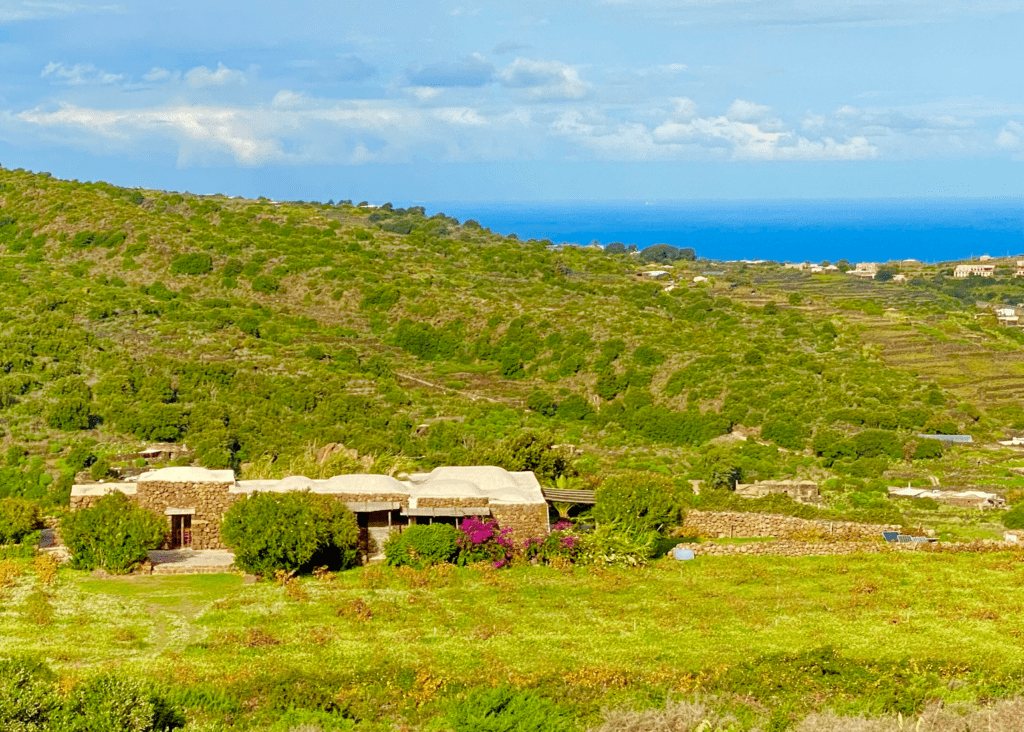
The dammuso and vineyards are located in the heart of the island at Piana della Ghirlanda, an area within the protected national park of the island of Pantelleria. The principal grape variety here is Zibibbo (Moscato d’Alessandria), a traditional white grape, cultivated as per millennia-old tradition in bush form, known locally as “pantesco.” In 2014, UNESCO acknowledged the importance and uniqueness of the “Agricultural practice of the bush-trained vine” by inscribing it on the List of Intangible Cultural Heritage of Humanity. It was the first and only time that an agricultural practice received this recognition. The vine, in the form of the Pantesco bush, is grown in small basins about 20 cm deep, which are useful for accumulating rainwater and protecting the clusters from the wind. This cultivation technique, introduced by the Phoenicians, is particularly intricate and involves exclusively manual labor right up to the harvest.
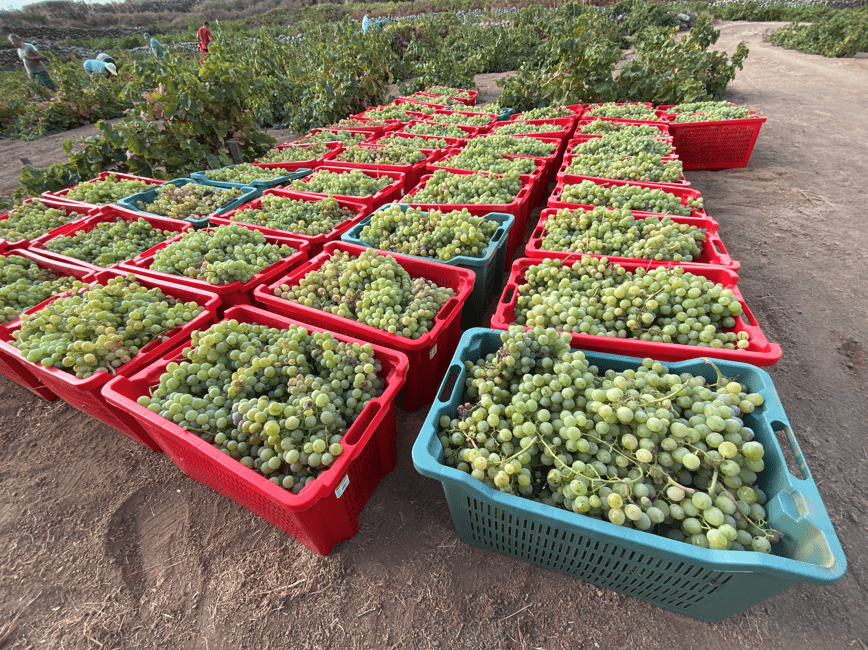
The vineyard, managed naturally, is located in the heart of Pantelleria, about 400 meters above sea level, and is buffeted daily by the island’s winds, nourished by the long and bright days of the summer sun (it is in the heart of the Mediterranean Sea, just tens of kilometers from Tunisia). The strong winds and very low rainfall create challenging conditions for viticulture, which is why it is often referred to as “heroic viticulture.” Over the years, from generation to generation and across centuries, practices have been developed and refined for caring for the plants and adapting to the extreme conditions. These practices are the strength of Pantelleria’s rural culture.
For several years now, Riccardo and his wife Simona (who is also a university professor and expert in the field) have been hosting friends, researchers, and experts on the island, including Ludovico. This gathering led to the inception of the KIKKIDDURI Project – Pantelleria.
The goal is to create a living lab for sustainable agriculture in Pantelleria, serving as a hub of culture, research, and innovation. This initiative aims to tackle the challenges of climate change with the best tools available, while preserving the authentic and original spirit that is felt daily on the island.
In the meantime, we have begun experimenting with unique winemaking processes, and the first official product launched on the market is Mutatis Mutandis, a classic method sparkling wine made from Zibibbo grapes vinified in Tuscia.
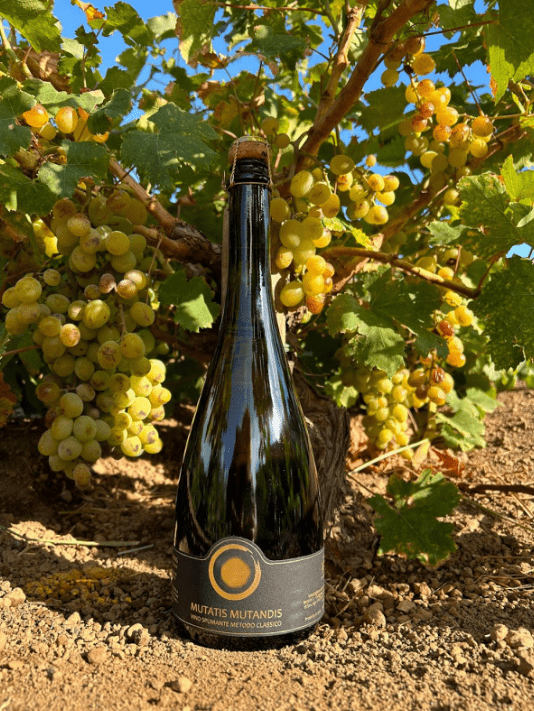
In 2021, after some experimental trials, we decided for the first time to produce the classic method of Zibibbo with disgorging à la volée. As the innovative project to be realized on the island had not yet concluded, we started by transporting the grapes to the Trebotti winery, which was best equipped to handle these innovative productions. Every year at the end of August, the harvest ritual is repeated at the dammuso Kikkidduri. The small vineyard is hand-harvested over the course of a day. The crates of grapes are loaded onto a refrigerated van and sent to Sicily, from where they are shipped and arrive at Trebotti within 48 hours. The grapes are unloaded early in the morning in the winery’s courtyard and immediately processed cold directly in the press. The Zibibbo must flows down to the cellar by gravity into a stainless steel tank where it ferments, protected from oxidation to preserve the fragrances of the island. After a few months on the fine lees, the resulting wine is inoculated and bottled for the secondary fermentation in the bottle with the creation of the mousse and aged for at least nine months before undergoing the disgorging à la volée. During this process, the sparkling wine bottles are cleared of lees, sealed with a mushroom cork and a wire cage, and labeled. This ritual, ancient and thrilling, is entirely manual, reflecting the essence of wine production.
The project will continue with many new developments and the production of additional wines, including the famous Passito di Pantelleria, once the winery on the island is completed. This expansion is part of the ongoing commitment to enhance and diversify the wine offerings from this unique terroir.
